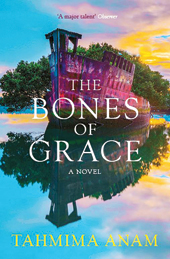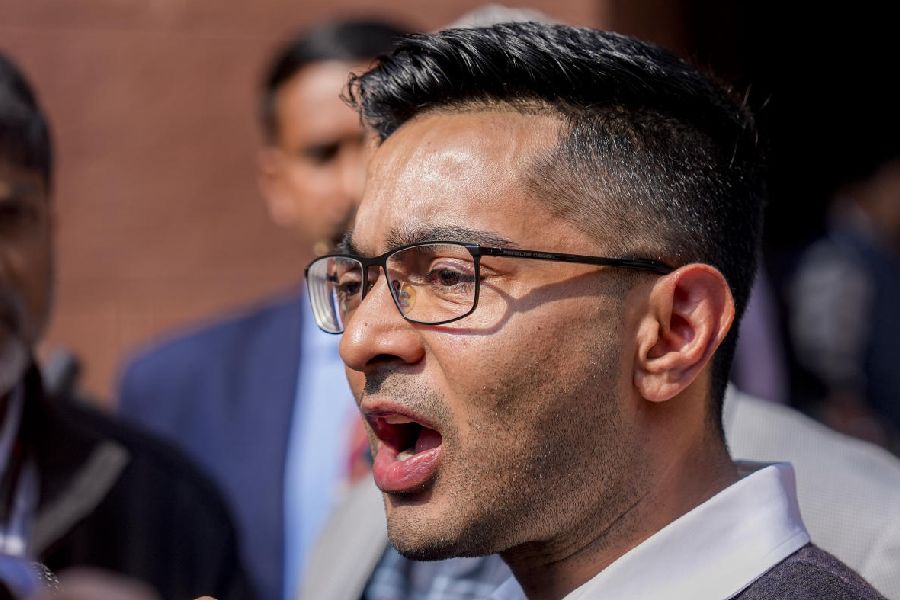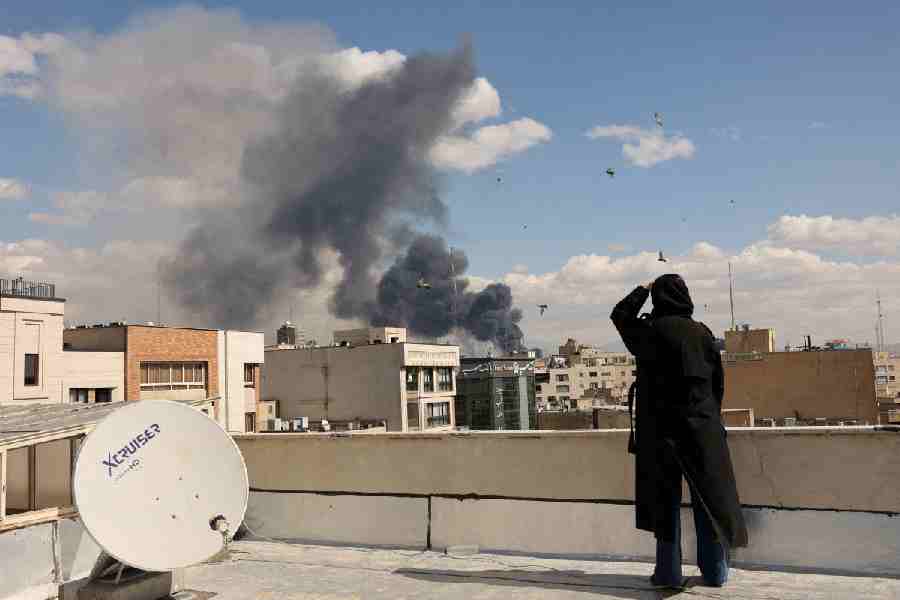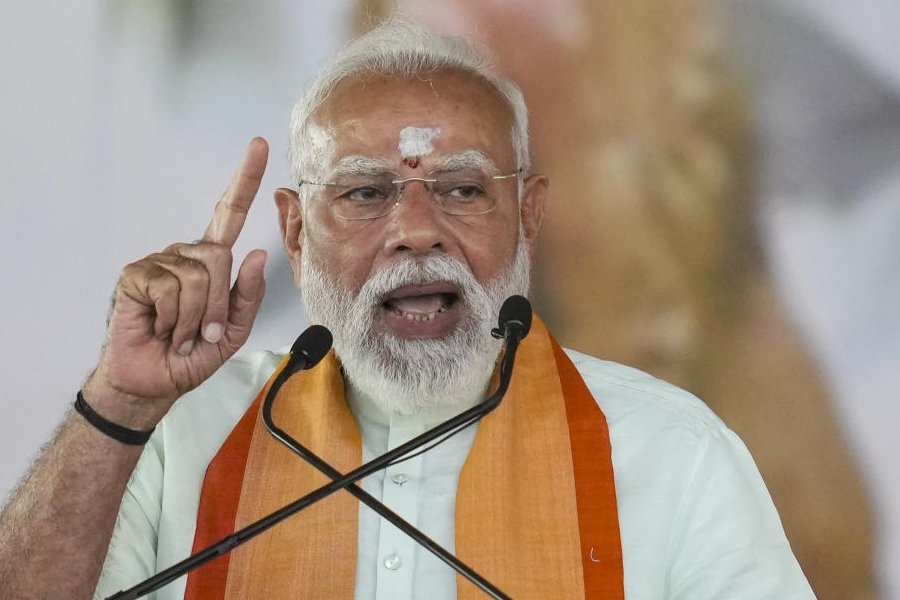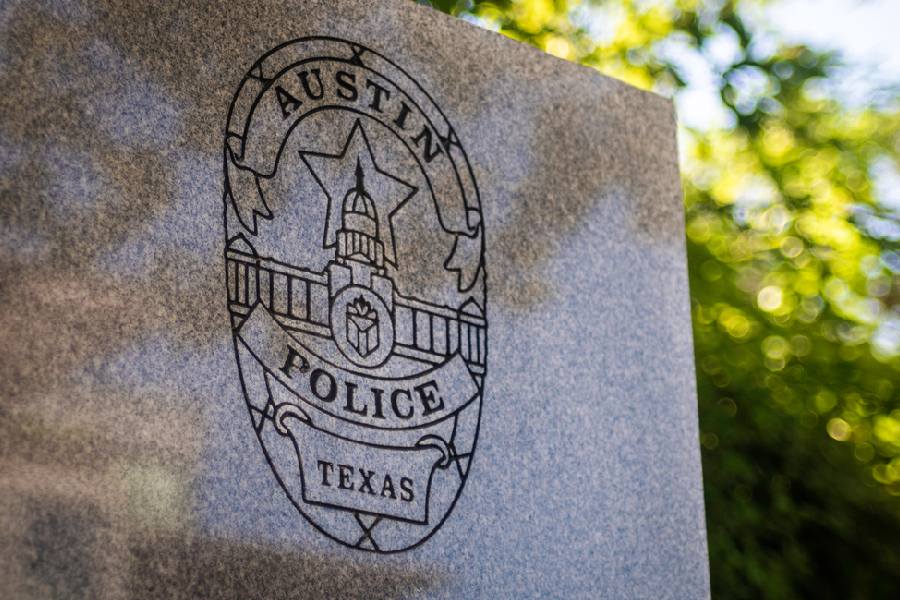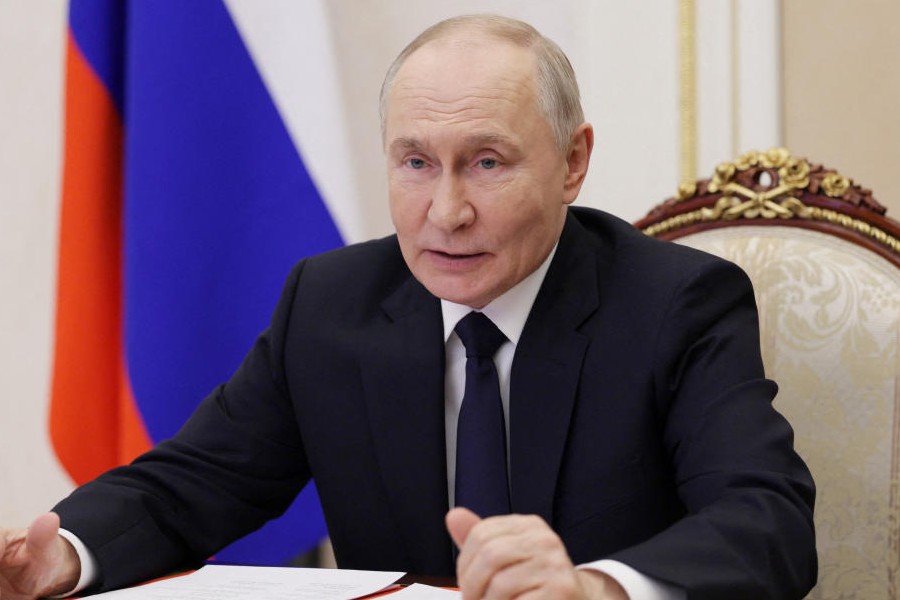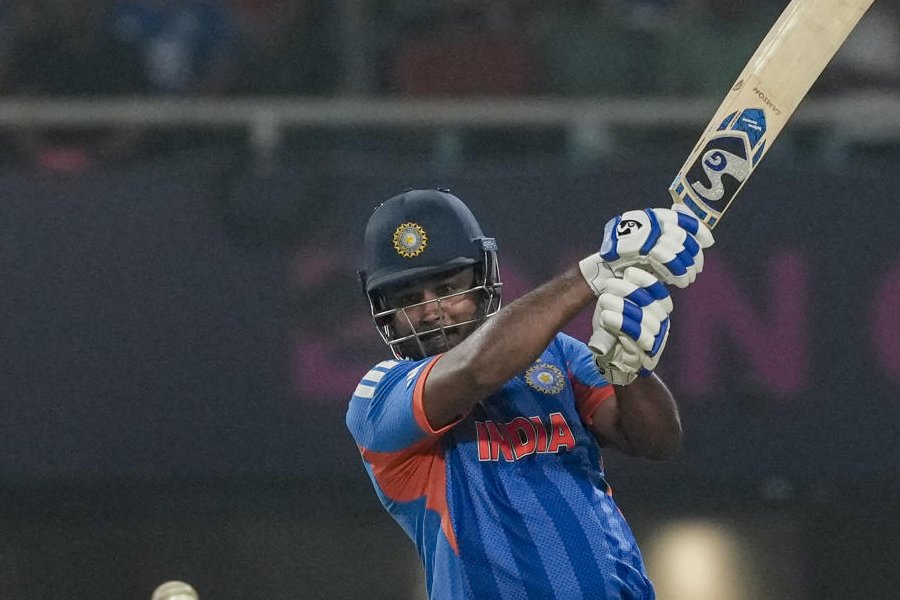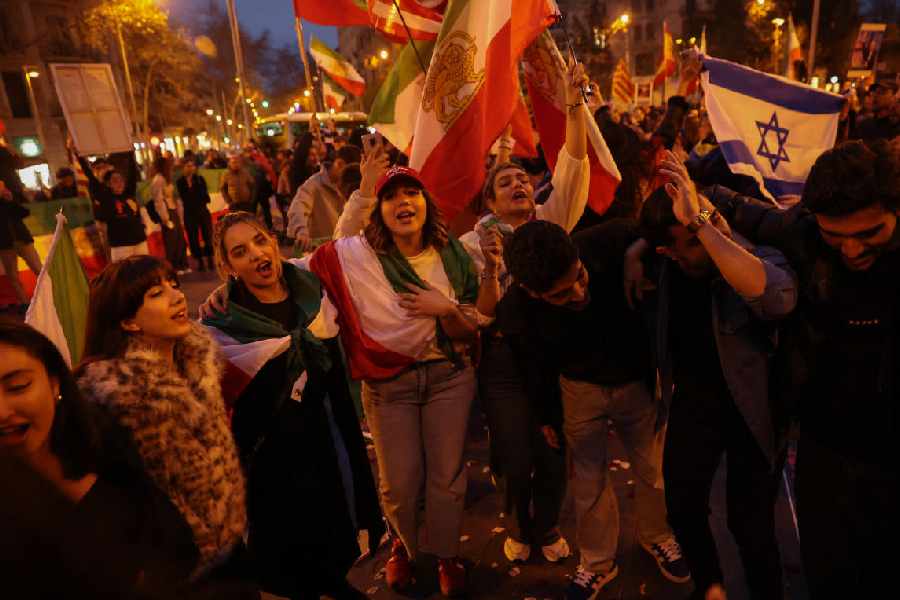
Tahmima Anam, the London-based writer of Bangladeshi origin, has completed her “Bangladesh trilogy” with the hauntingly beautiful The Bones of Grace. t2 had a quick chat with her over the phone from her home in Hackney, London.
The 41-year-old writer, who was picked by Granta for its Best of Young British Novelists honours in 2013, splits her time between London and Dhaka. “I go home to be with my family — my parents, my sister are there. It’s the source of all my creativity and my stories. Even though I live in London, I feel a strong connection with Bangladesh,” she said.
In London, Anam lives with her American husband, Roland Lamb, and three-year-old son Rumi. Interestingly, all three have different surnames. “Our son has a combination of our last names, because we wanted to subvert the trend of giving children only their father’s last name, so he has his own last name and the three of us have three different last names, which is great but always causes problems at Border Control! We have to travel with his birth certificate everywhere we go. When you take a political stand, you have to pay a bureaucratic price for it,” she laughed, before getting down to business.
The Bones of Grace completes your trilogy...
Yeah. I have spent 10 years writing the trilogy and it’s loosely the story of Bangladesh, told through the eyes of three generations of women in one family. I would say the first two novels (A Golden Age and The Good Muslim) were more historical, because this is the only one set in the present, but they were also framed by the Bangladesh war.
The first one was set during the war and the second one in the aftermath of the war. And this novel, although a part of the trilogy, is a little bit separate from the other two in the sense that it takes place in contemporary Bangladesh.
It tells a much more intimate story, a story of one woman’s journey into finding her past or finding her roots. History plays a very big role in Zubaida’s life... her parents are revolutionaries, that’s the kind of foundational framework of her life, the war, the history and the nation, that she has a much more ambivalent relationship to the country than her parents do.
And so in a way, the novel is asking the question about history, about belonging and identity... she is a bit of an outsider in many ways, partly because she has lived abroad, partly because she is adopted and she is trying to find herself and so she is kind of pushing against those national narratives. She’s a bit of an outlier, that was my intention.

Did you always know this would be a three-generational saga?
Yes, it was always my intention to connect those years through one family, where you would sort of follow them, especially the women in the family, so it’s Rehana, Maya and Zubaida. It was always my idea that you would see the world through the eyes of these three generations.
After reading The Good Muslim, we had seen a bit of you in Maya. Now it seems there’s a lot more of you in her daughter, Zubaida...
Yeah, absolutely. Obviously neither of the characters is me, but Maya was like a person that I sometimes am and wish that I could be more... she was very much unafraid of what other people thought and she was bold and confident and also politically very engaged... I could relate to her in that sense. But with Zubaida, also because she is the same generation as I am, her ambivalence and her questioning her identity and her sense of not quite belonging to any place is definitely something that comes from me. So I feel that we have a lot of things in common. But obviously I wasn’t adopted and so all those questions are amplified in her life.

